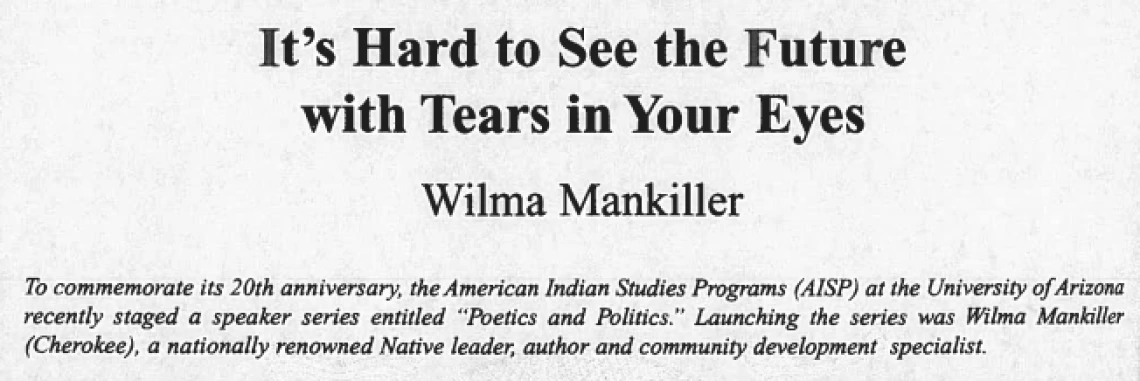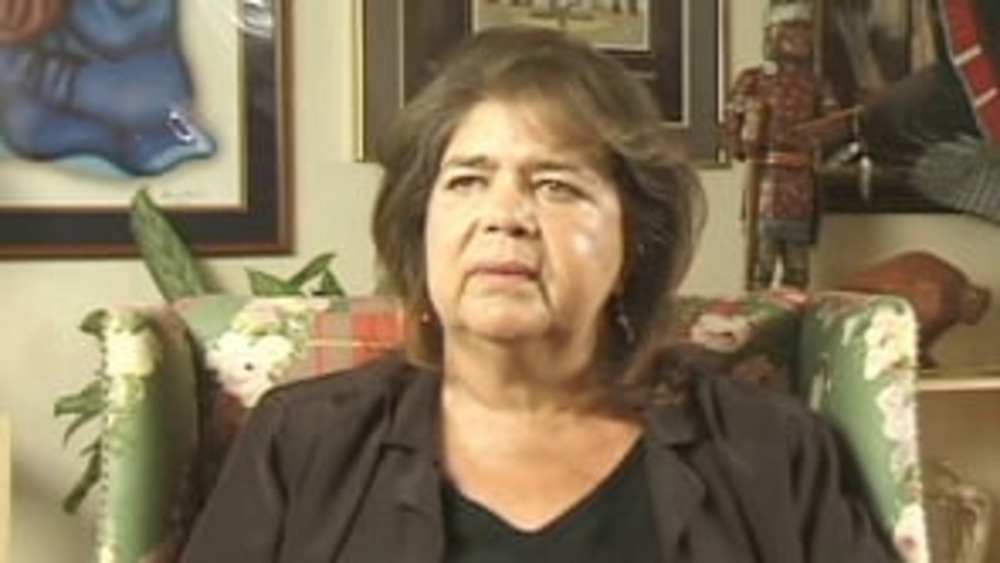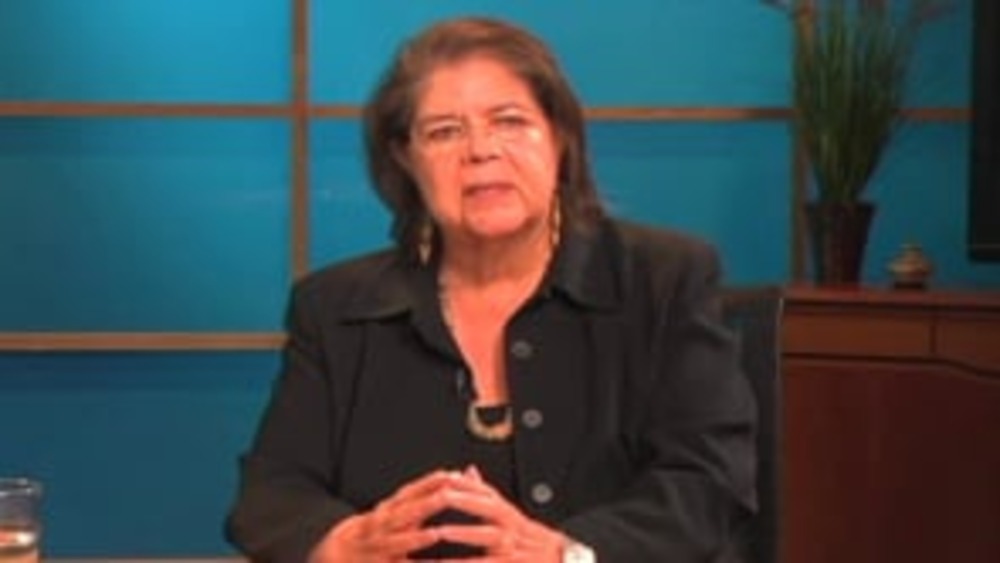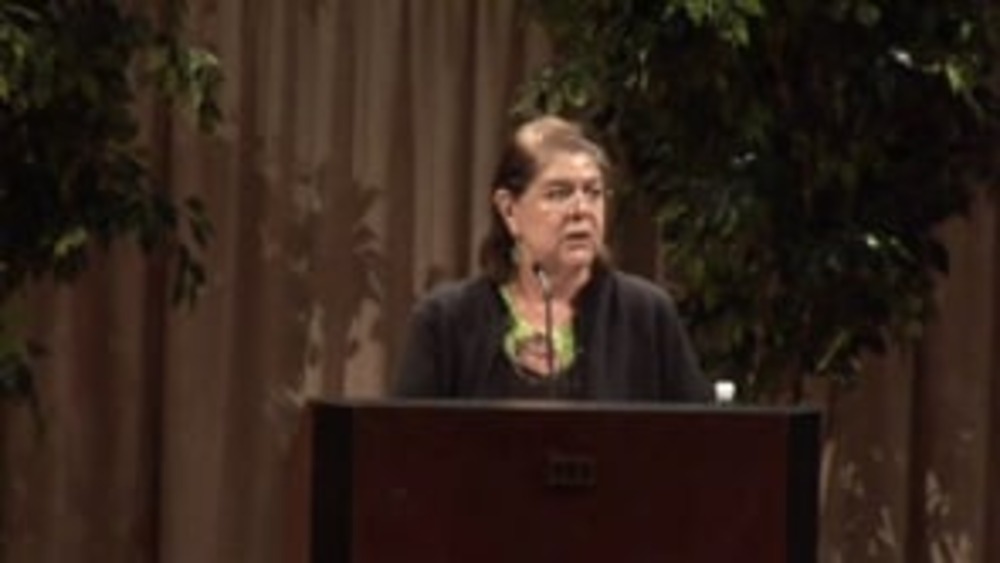To commemorate its 20th anniversary, the American Indian Studies Programs (AISP) at the University of Arizona staged a speakers series entitled "Poetics and Politics." Launching the series was Wilma Mankiller (Cherokee), a nationally renowned Native leader, author, and community development specialist.
The following is a transcript of her talk, which delved into issues of Native leadership, identity and self-sufficiency.
Additional Information
Mankiller, Wilma. "It's Hard to See the Future with Tears in Your Eyes." Red Ink: A Native American Student Publication. Vol. 9, No. 2. American Indian Studies Program, The University of Arizona. Tucson, Arizona. 2001: 132-136. Article.




